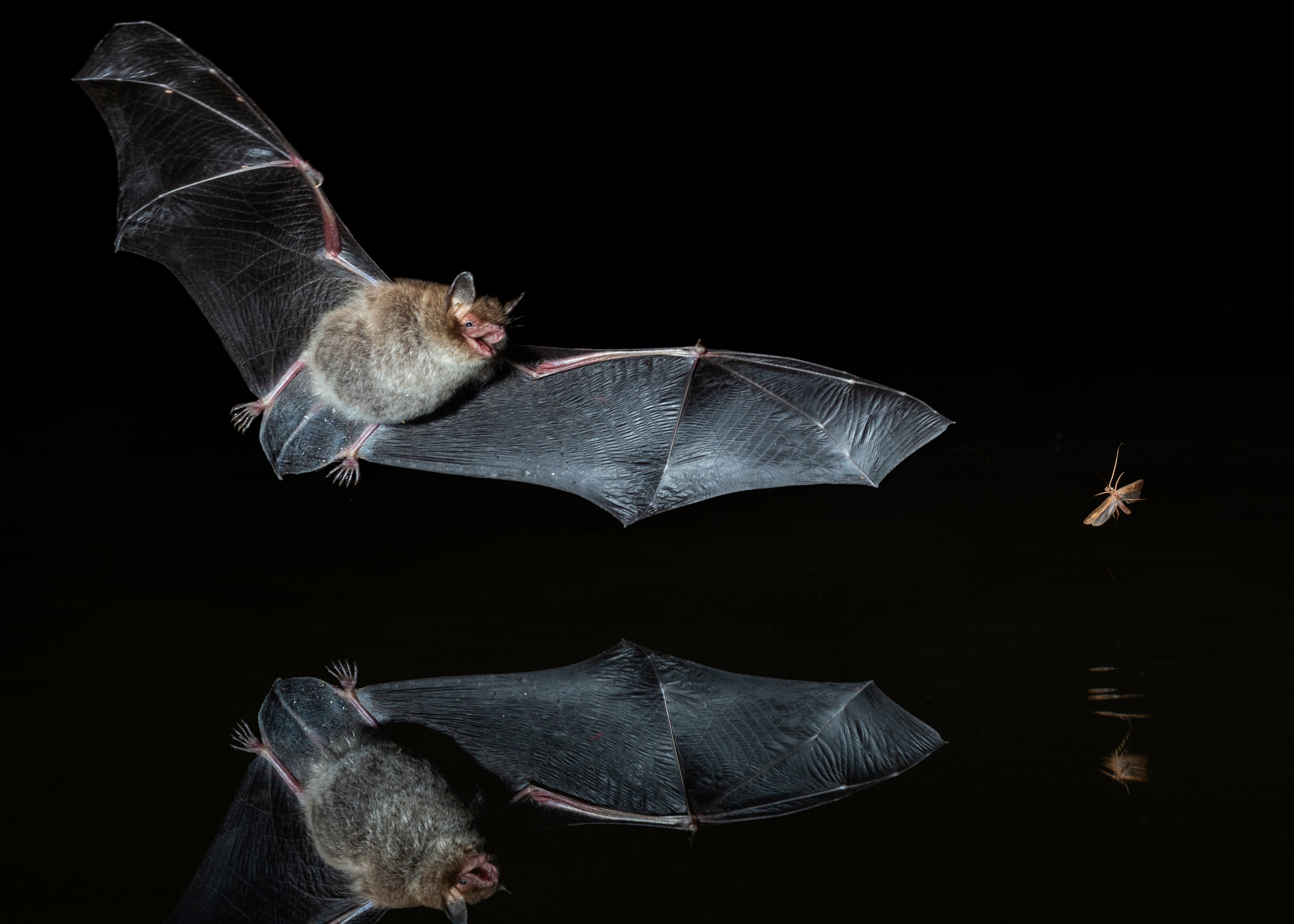Bats, butterflies and bumblebees threatened by an ‘extinction catastrophe waiting to happen in next decade’
‘Importance of preserving each species cannot be overestimated,’ says Jo Hatton, Horniman Museum’s principal curator of natural sciences

Your support helps us to tell the story
From reproductive rights to climate change to Big Tech, The Independent is on the ground when the story is developing. Whether it's investigating the financials of Elon Musk's pro-Trump PAC or producing our latest documentary, 'The A Word', which shines a light on the American women fighting for reproductive rights, we know how important it is to parse out the facts from the messaging.
At such a critical moment in US history, we need reporters on the ground. Your donation allows us to keep sending journalists to speak to both sides of the story.
The Independent is trusted by Americans across the entire political spectrum. And unlike many other quality news outlets, we choose not to lock Americans out of our reporting and analysis with paywalls. We believe quality journalism should be available to everyone, paid for by those who can afford it.
Your support makes all the difference.Some of the UK’s best-loved wildlife, from hedgehogs to bats and butterflies to bumblebees, could face extinction within a decade if action is not taken to halt their decline, research suggests.
Four in 10 of the country’s 1 million insect species are at risk of dying out while numbers of some birds, such as the grey partridge and corn bunting, are also dwindling.
Researchers have described the current trajectory as an “extinction catastrophe”, adding that organic farms were home to up to 50 per cent more wildlife and 30 per cent more species.
The Arc 2031 analysis produced by Horniman Museum looked at animals at particular risk from pesticide use in farming and has been released by Go Organic to mark the first day of Organic September, a month-long celebration highlighting the benefits of organic food for biodiversity.
Arc 2031 ambassador, zoologist and Autumnwatch presenter Megan McCubbin told The Independent: “Every species plays a critical role within an ecosystem and when it comes to farming and agriculture we need to be working with nature and not against it.
“Every species in this list is experiencing some decline or increased threat level because of intensive farming.”
Top of the Arc 2031 list of at-risk species is the grey partridge, which has declined in numbers by 92 per cent between 1970 and 2005.
Corn bunting and the grey long-eared bat are in second and third place, with the former having declined 89 per cent between 1970 and 2003.
Hedgehogs, Essex skippers, small skippers, garden bumblebees, hoverflies, necklace ground beetles and hop flea beetles which serve as pollinators or pest controllers to contribute to a healthy ecosystem make up the rest of the list.
Jo Hatton, principal curator of natural sciences at the Horniman Museum, said: “If we don’t protect biodiversity, it could have profound consequences.”
She added: “Birds such as the grey partridge and butterflies such as the Essex skipper are vital links in our complex ecosystem food webs and help preserve biodiversity – from natural pest controllers to crucial pollinators, the importance of preserving each species cannot be overestimated. It is vital that we protect them.”
Join our commenting forum
Join thought-provoking conversations, follow other Independent readers and see their replies
Comments